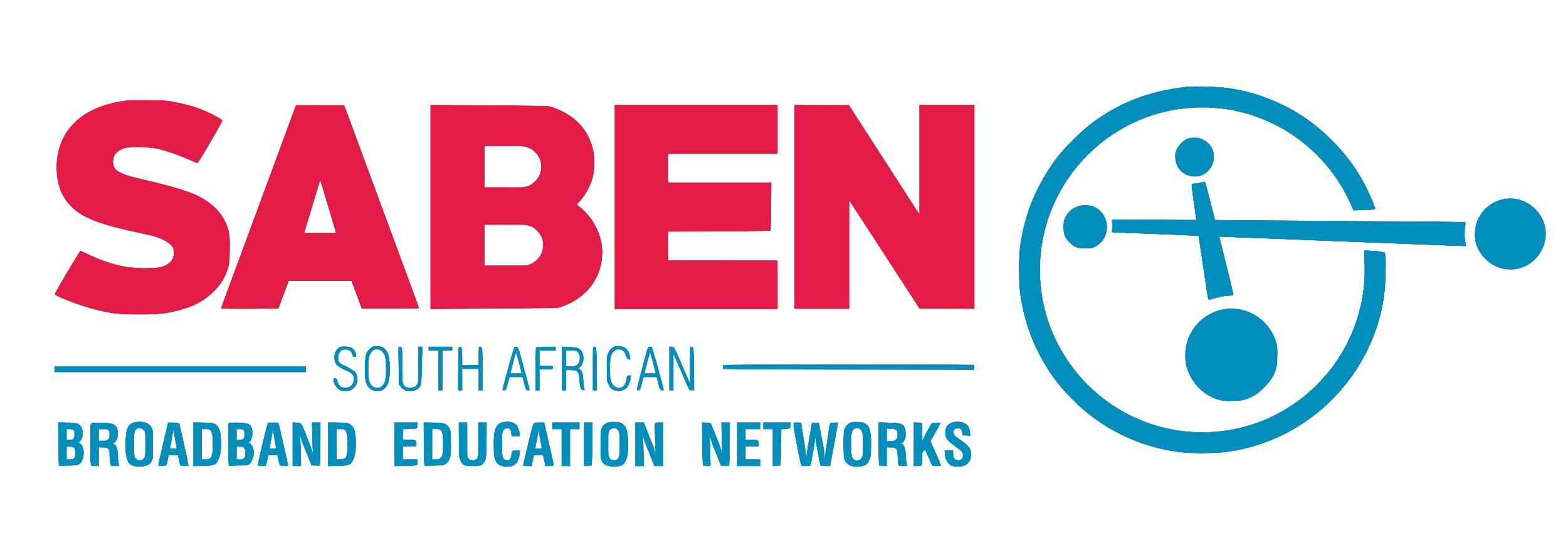The Importance of Digital Literacy: Preparing Students for a Tech-Driven World
July 4, 2024
Preparing Students for a Tech-Driven World

In today’s rapidly evolving digital landscape, the significance of digital literacy cannot be overstated. As technology becomes increasingly integrated into every aspect of our lives, it is essential that students are equipped with the skills and knowledge necessary to navigate and thrive in this tech-driven world. Digital literacy is not just about the ability to use computers and the internet; it encompasses a broad range of competencies that enable individuals to critically engage with technology, understand its implications, and leverage its potential to solve real-world problems.
Understanding Digital Literacy
Digital literacy involves more than just the basic ability to use technology. It includes:
Technical Skills: Knowing how to operate various digital devices, use software applications, and access online resources.
Information Literacy: The ability to locate, evaluate, and effectively use information from digital sources.
Media Literacy: Understanding how digital media works, including the ability to analyze and critically assess media content.
Communication Skills: Proficiency in using digital tools for communication, collaboration, and sharing of information.
Ethical Awareness: Recognizing the ethical implications of technology use, including issues related to privacy, security, and digital citizenship.
The Role of Digital Literacy in Education
Incorporating digital literacy into the education system is crucial for several reasons:
Preparing for Future Careers: Many of the jobs that today’s students will hold in the future do not even exist yet. However, they will undoubtedly involve some form of technology. By developing digital literacy skills, students are better prepared for the demands of the future workforce.
Enhancing Learning Experiences: Digital tools can make learning more engaging and accessible. They provide opportunities for interactive learning, virtual collaboration, and access to a wealth of online resources, enhancing the overall educational experience.
Promoting Critical Thinking: Digital literacy encourages students to think critically about the information they encounter online. This is especially important in an era of misinformation and fake news, where the ability to discern credible sources from unreliable ones is crucial.
Encouraging Lifelong Learning: The digital world is constantly changing. By fostering digital literacy, educators can instill a love of learning in students, encouraging them to continuously adapt and update their skills throughout their lives.
Strategies for Integrating Digital Literacy in Education

Curriculum Development: Integrate digital literacy into the core curriculum across all subjects. This ensures that students develop these skills organically as part of their overall education.
Professional Development for Educators: Provide teachers with the necessary training and resources to effectively teach digital literacy. This includes understanding the latest technological tools and best practices for integrating them into the classroom.
Access to Technology: Ensure that all students have access to the necessary technology, including devices and high-speed internet. This is crucial for leveling the playing field and providing equal opportunities for all students.
Collaborative Learning Environments: Encourage the use of digital tools that promote collaboration and communication among students. Platforms such as Google Classroom, Microsoft Teams, and various educational apps can facilitate group projects and peer-to-peer learning.
Focus on Digital Citizenship: Teach students about the ethical and responsible use of technology. This includes understanding the importance of privacy, recognizing the impact of their digital footprint, and developing respectful online communication skills.
Conclusion
As we continue to navigate the complexities of the digital age, the importance of digital literacy in education cannot be overlooked. By preparing students with the necessary skills and knowledge, we are not only equipping them for future career success but also enabling them to become informed, responsible, and active participants in the digital world. Digital literacy is a cornerstone of modern education, and its integration is essential for creating a generation of learners who are ready to meet the challenges and opportunities of a tech-driven future.
